Supplements are often taken to fill the gaps in our diet and support our overall health. However, it’s important to know that some supplements should not be mixed together due to potential interactions and reduced absorption. In this article, we will explore 13 supplement or medication combinations that should be avoided for optimal health.
It’s important to note that the information provided is a general guide, and individual circumstances may vary. Always consult with a healthcare professional or pharmacist before starting any new supplement regimen or supplement combinations with medications to ensure personalized guidance and safety.
Supplement Combinations to Avoid

When it comes to managing health, the integration of medications and supplements is common practice. However, not all combinations are beneficial; some can lead to serious health risks. Certain medications and supplements can interact negatively, reducing efficacy or causing harmful side effects. Understanding these interactions is crucial for ensuring safety and optimizing therapeutic outcomes. This guide delves into the specific combinations of medications and supplements that should be avoided, highlighting the importance of informed and cautious use to prevent adverse health consequences.
Read More: People on Reddit Describe The Weirdest Side Effect They’ve Ever Experienced From Medication
Magnesium and Calcium
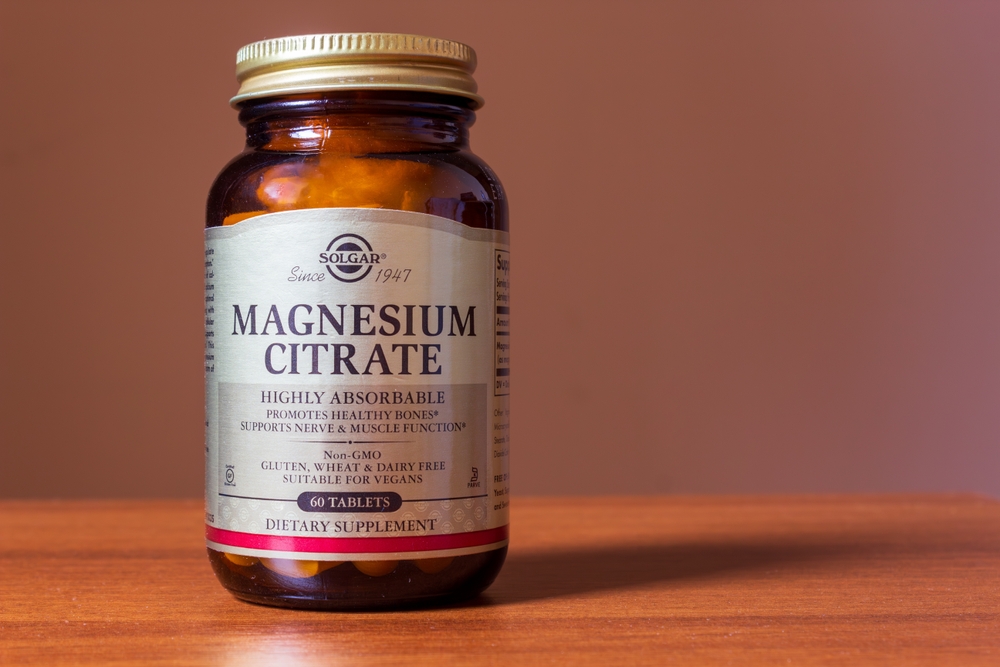
Magnesium and calcium are essential minerals for overall health. However, when taken together, they can compete for absorption in the body.1 This means that both minerals may not be effectively absorbed, reducing their individual benefits. To maximize absorption, it is recommended to take any mineral supplements at least two hours apart.2 The combination itself is not dangerous, so if you are taking a supplement formulation containing the two, do not worry.
Zinc and Copper
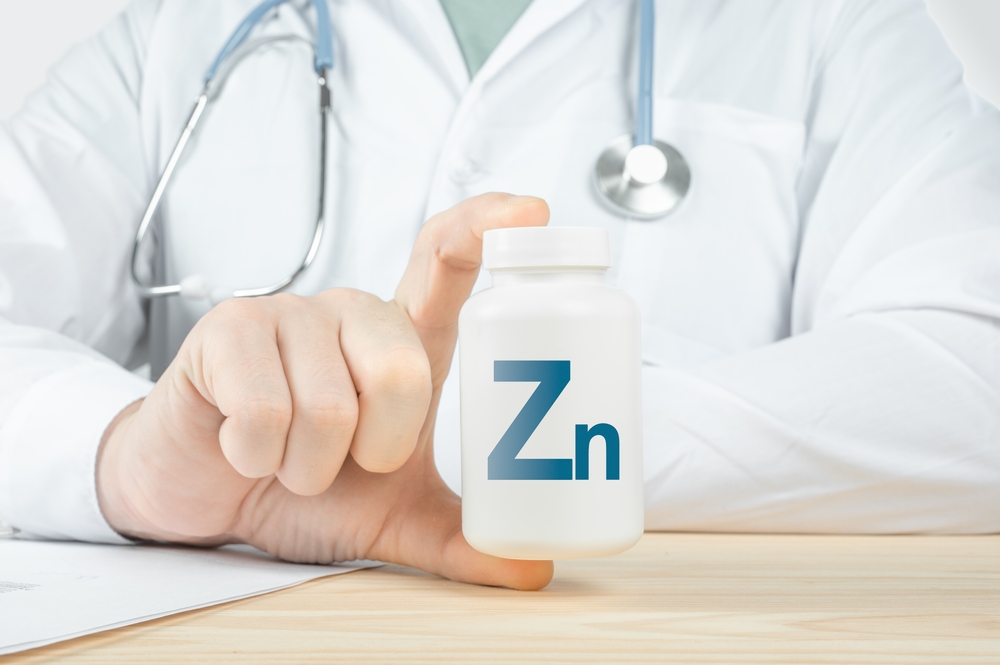
Important minerals that play various roles in the body. However, zinc interferes with copper absorption. If you need to take both supplements, it’s best to space them out by at least two hours. High doses of zinc taken over a long period can also lead to copper deficiency, so it’s important to consult with a healthcare professional.
Iron and Green Tea
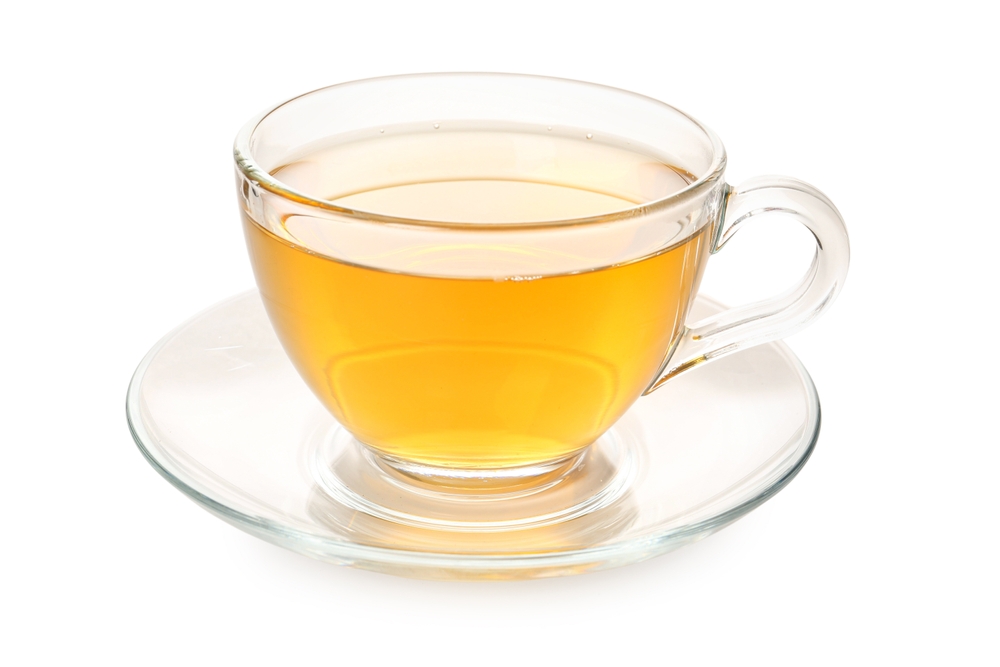
Iron is crucial for distributing oxygen to cells and maintaining energy levels. However, when taken together with green tea, iron absorption can be hindered. Green tea contains compounds that can decrease iron absorption. It is advisable to separate green tea and iron supplement combinations by a couple of hours to ensure optimal iron absorption.
Fish Oil and Ginkgo Biloba
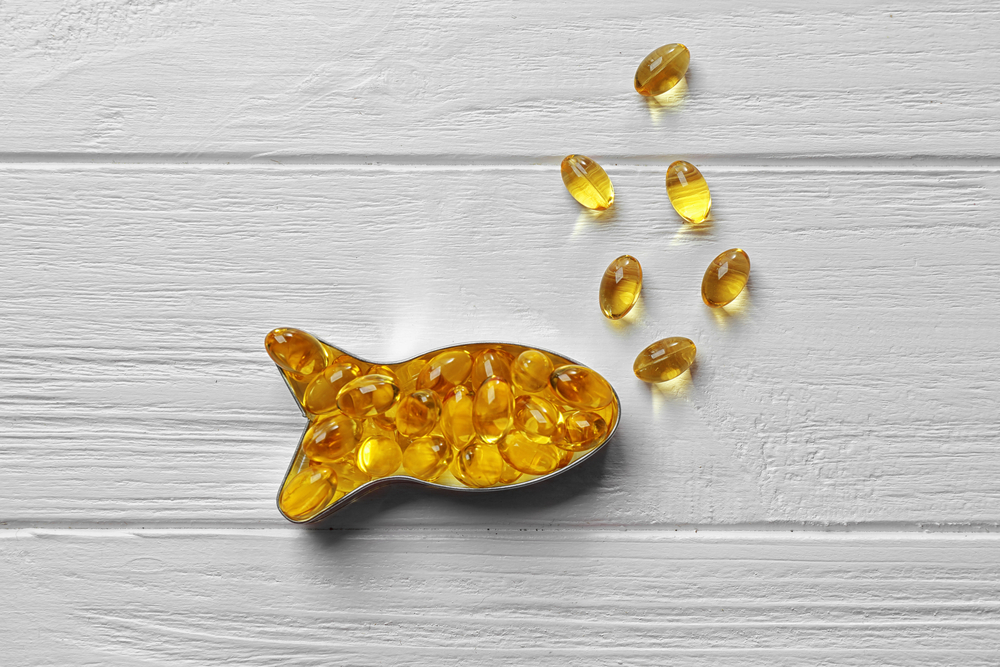
Omega-3 fish oil supplements are known for their anti-inflammatory properties, while ginkgo biloba is claimed to support cognitive function. However, both fish oil and ginkgo biloba have blood-thinning properties. When taken together, they can increase the risk of uncontrolled bleeding or interfere with blood clotting. It is recommended to space them apart for at least two hours.
Read More: Side Effects of Common Medications Are Being Mistaken for ‘Old Age’
Vitamins, Minerals, and More

In the pursuit of optimal health, many people turn to a variety of vitamins, minerals, and other dietary supplements. While these supplements can offer significant health benefits, it’s essential to recognize that they can also interact with medications and each other in ways that may not always be beneficial. Certain combinations can lead to diminished effectiveness or even dangerous side effects. This comprehensive overview explores the intricacies of using vitamins, minerals, and other supplements, emphasizing the importance of understanding potential interactions to ensure safe and effective use.
Melatonin and Sedating Herbs

Melatonin and sedating herbs like valerian, kava, and St. John’s Wort are commonly used for sleep support and relaxation. However, taking these supplement combinations can result in excessive sleepiness, as they have cumulative sedative effects. It is important to read the labels and be aware of the potential sleep-inducing effects of these supplements. You may find these combinations in off-the-shelf sleep formulas; however, these are usually dosed accordingly and should not cause excessive sleepiness. Consult with your healthcare practitioner before taking any new supplements.
Red Yeast Rice and Niacin
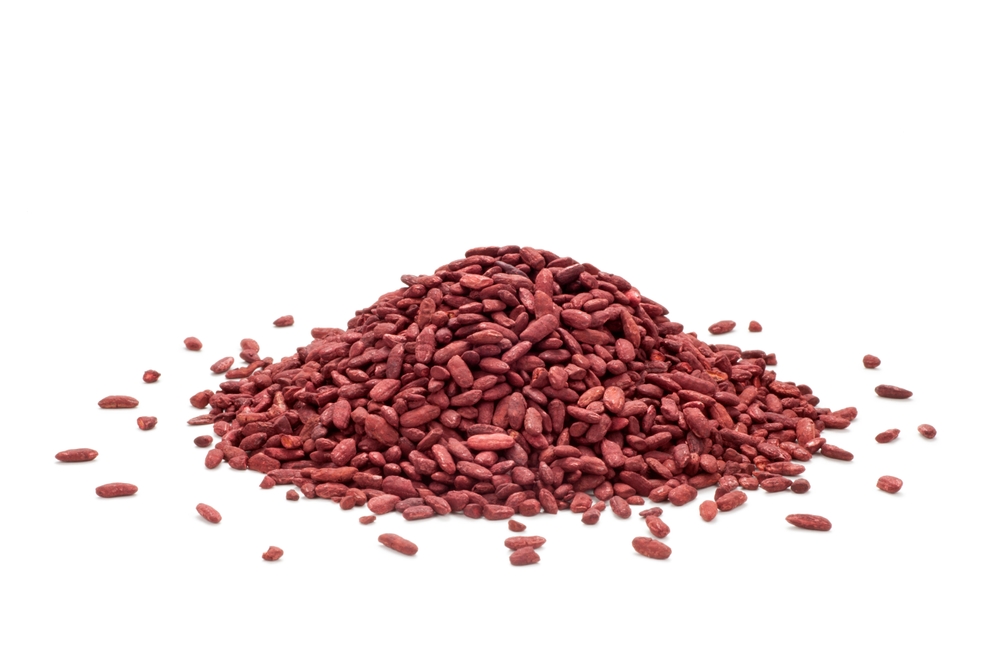
Red yeast rice and niacin are natural supplements used to lower cholesterol levels. However, supplement combinations like this do not increase benefits to you and may harm the liver. High doses of niacin, in combination with red yeast rice or prescription cholesterol-lowering drugs, can increase the risk of liver damage. It’s essential to be aware of potential side effects and consult with a healthcare professional.
Vitamins A, D, E, and K
Vitamins A, D, E, and K are fat-soluble vitamins that play important roles in various bodily functions. When taken together, vitamin K absorption may be reduced. To ensure optimal absorption, it is recommended to take vitamin K at least two hours apart from other fat-soluble vitamins. This is particularly important if you are K deficient and need extra K. Just like the magnesium and calcium if you are taking a supplement containing all of these (i.e., a multivitamin), it is not dangerous, and you do not need to discontinue its use. Multivitamins are convenient but are not ideal for the individual absorption of all the nutrients they contain.
Potassium and Calcium

Both potassium and calcium are essential minerals for proper bodily function. However, when taken together, they can compete for absorption, resulting in reduced absorption of each mineral. This means that you may not get the full benefits of potassium and calcium when they are taken simultaneously. It is advised to space them out by a few hours if you need to take both supplements.
St. John’s Wort and Antidepressants

St. John’s Wort is an herbal supplement often used for its potential antidepressant effects. However, it can interact poorly with other antidepressant medications. St. John’s Wort and certain antidepressants increase serotonin levels in the brain, which can lead to serotonin syndrome. This syndrome can cause severe symptoms such as muscle rigidity, seizures, fever, confusion, and anxiety. It is crucial to be cautious and inform your healthcare provider about supplement combinations and medications you are taking.
Read More: 6 Common Medications That Can Cause Permanent Side Effects in Children
More Supplement Combinations To Avoid

As more people embrace supplements to enhance their health and wellness routines, understanding potential interactions becomes increasingly important. While supplements can offer numerous benefits, certain combinations can lead to adverse effects or diminished efficacy. “More Supplement Combinations To Avoid” sheds light on the lesser-known but equally critical interactions that can pose risks to your health. By highlighting these combinations, this guide aims to inform and protect consumers, ensuring that their supplement use is both safe and effective.
CoQ10 and Diabetes Medication

CoQ10 is a compound that supports heart health but can also lower blood sugar levels. If you are taking diabetes medications, combining them with CoQ10 can increase the risk of low blood sugar. Additionally, CoQ10 can lower blood pressure, and when combined with blood pressure medications, it can cause dangerously low blood pressure. Regular monitoring and close communication with your healthcare provider are essential when using these medications.
Garlic and Blood Thinners
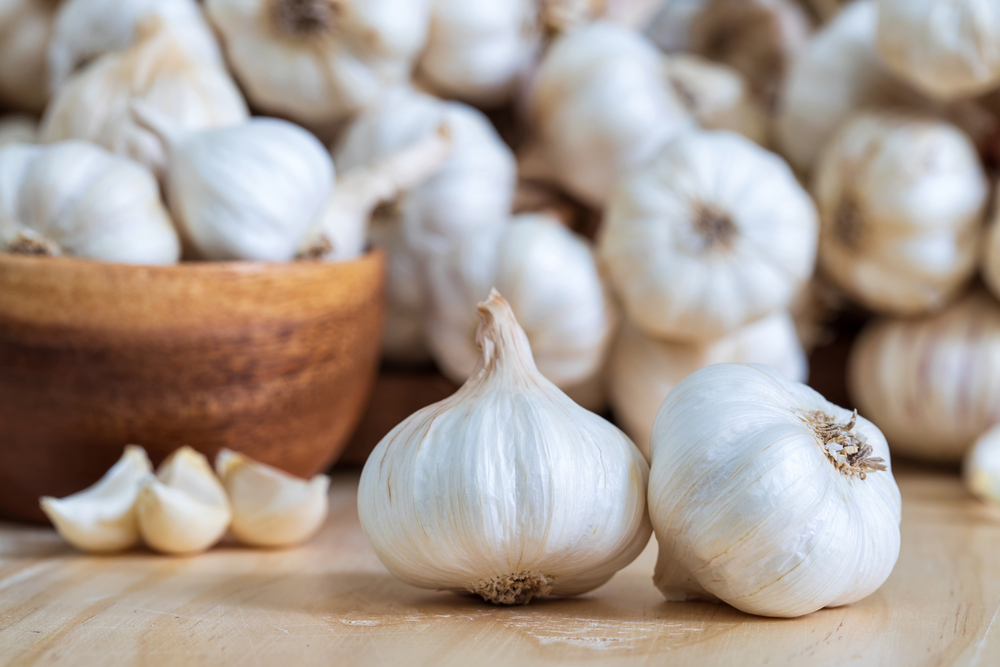
Garlic has natural blood-thinning properties. When taken with daily baby aspirin or blood thinners like Coumadin (warfarin), it can increase the risk of bleeding episodes and internal bleeding. It is crucial to inform your healthcare provider about all the supplement combinations and medications you are taking, as garlic is not the only supplement that can increase bleeding risk.
Vitamin K and Blood Thinners
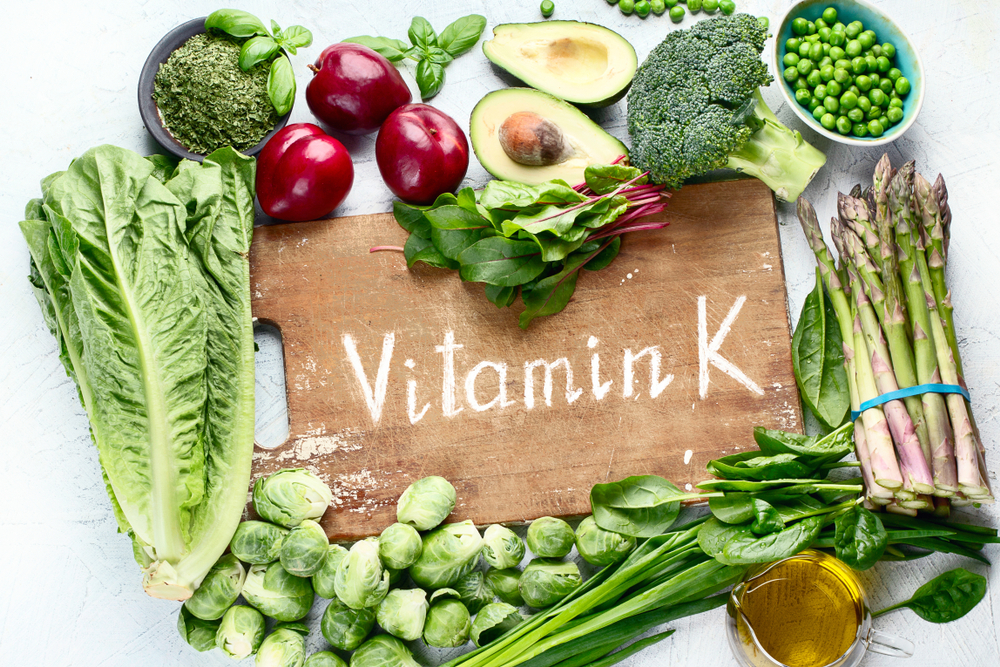
Vitamin K is known for its role in blood clotting. However, when combined with blood-thinning medications, vitamin K can counteract their benefits. Foods rich in vitamin K, such as kale and broccoli, can also interfere with blood thinners. Echinacea, a popular cold remedy, may decrease the effectiveness of blood thinners and increase the risk of stroke. It’s important to be aware of these potential interactions and discuss them with your healthcare provider.
Antibiotics and Iron

Some antibiotics, particularly those in the tetracycline family, can interact with iron supplements, reducing the effectiveness of the antibiotics. To ensure optimal absorption of both antibiotics and iron, it is recommended to space out their intake. This helps to prevent potential interference and ensures that both medications are absorbed properly.
Read More: Coffee Clash: Which Medications Should You Avoid With Your Morning Joe?
Sources
- “13 Supplement or Medication Combos You Should Never Mix.” The Healthy. Denise Mann, MS. May 14, 2021.
- “Vitamins & Supplements You Should Not Take Together.” Yahoo. Brianne Hogan. April 29, 2023.

